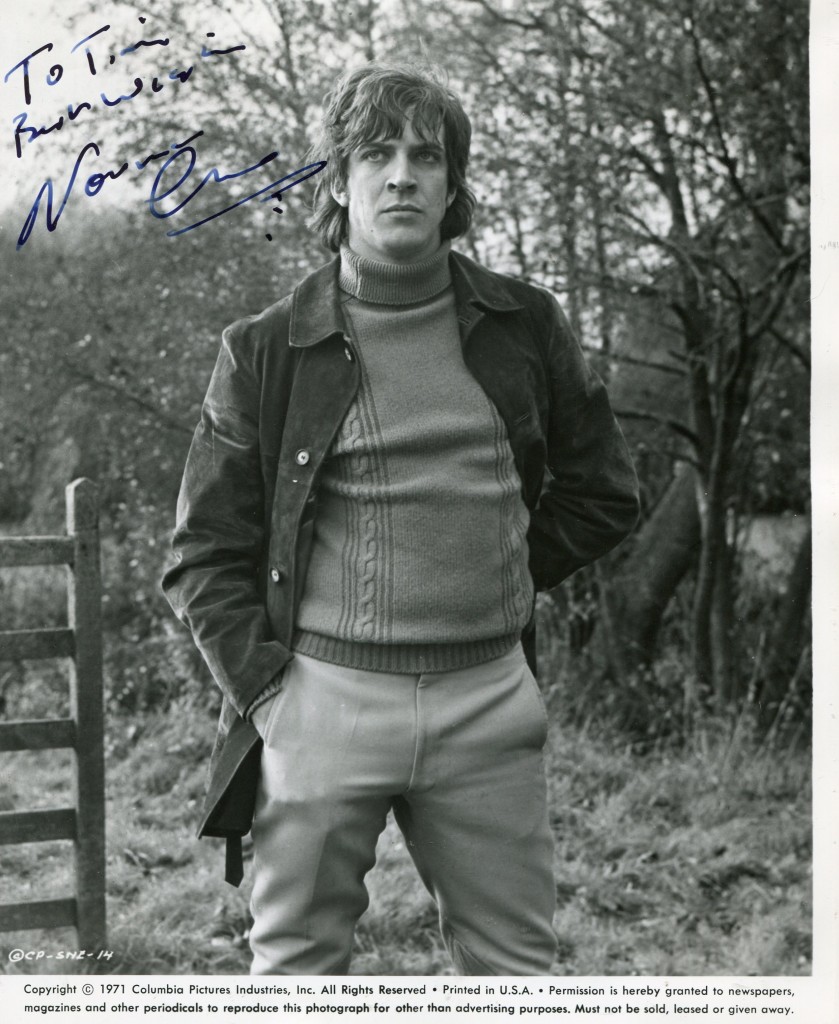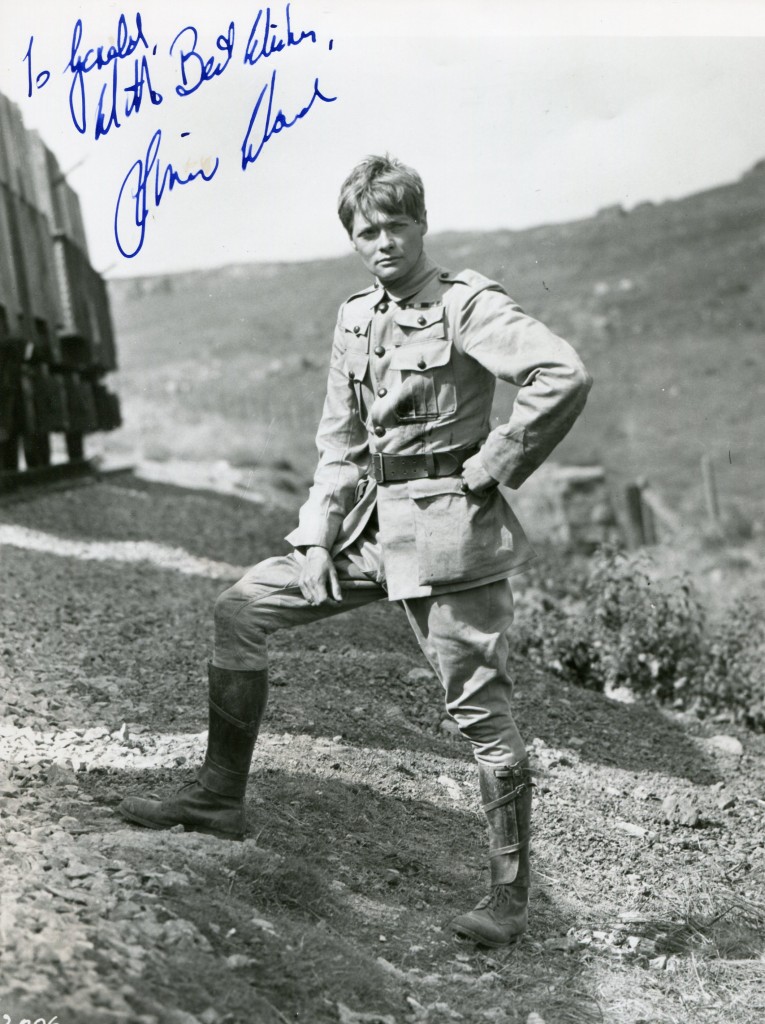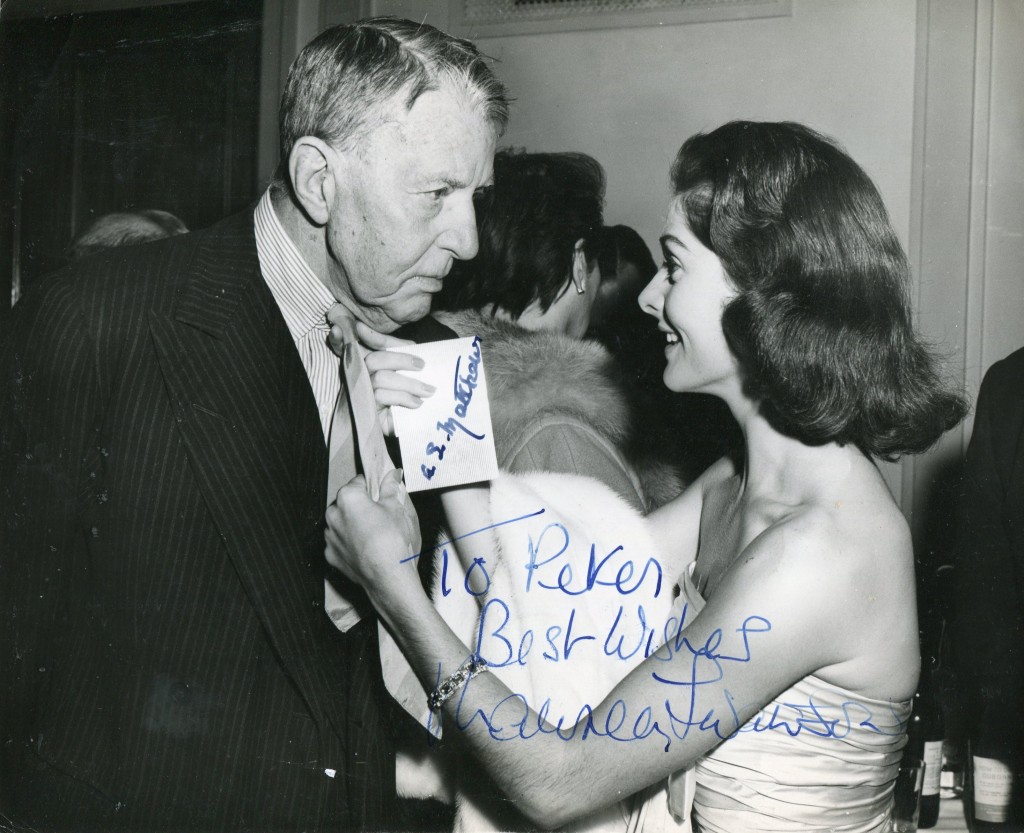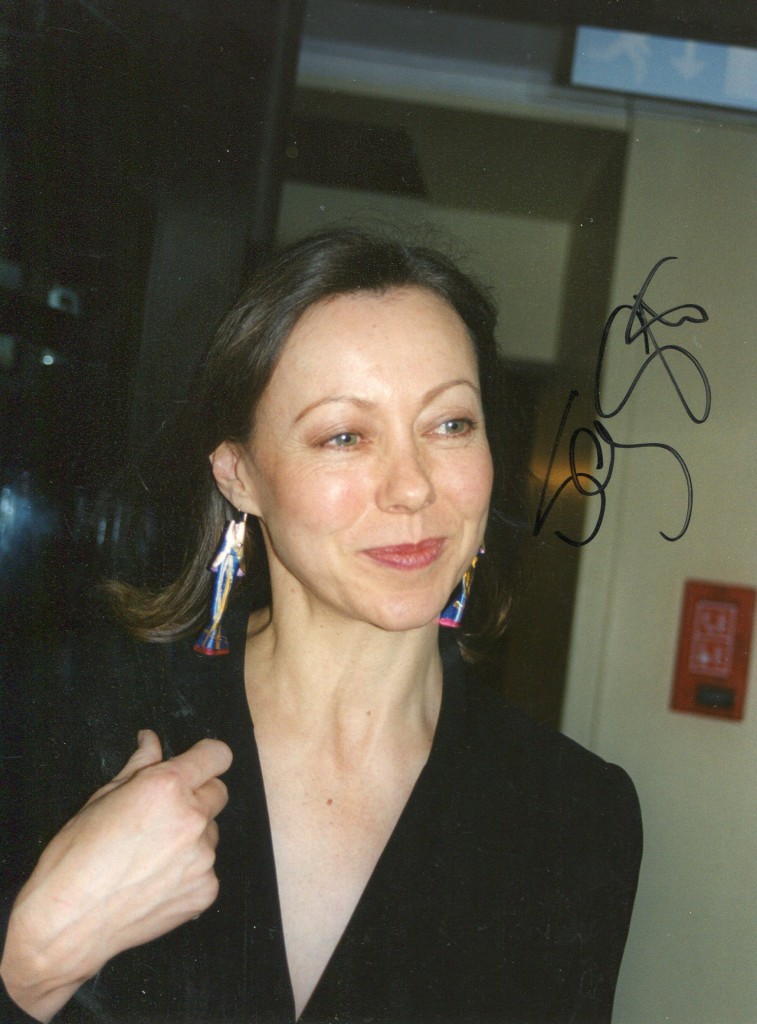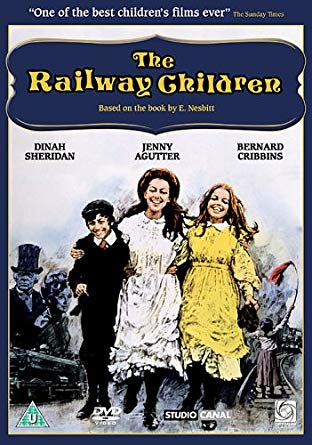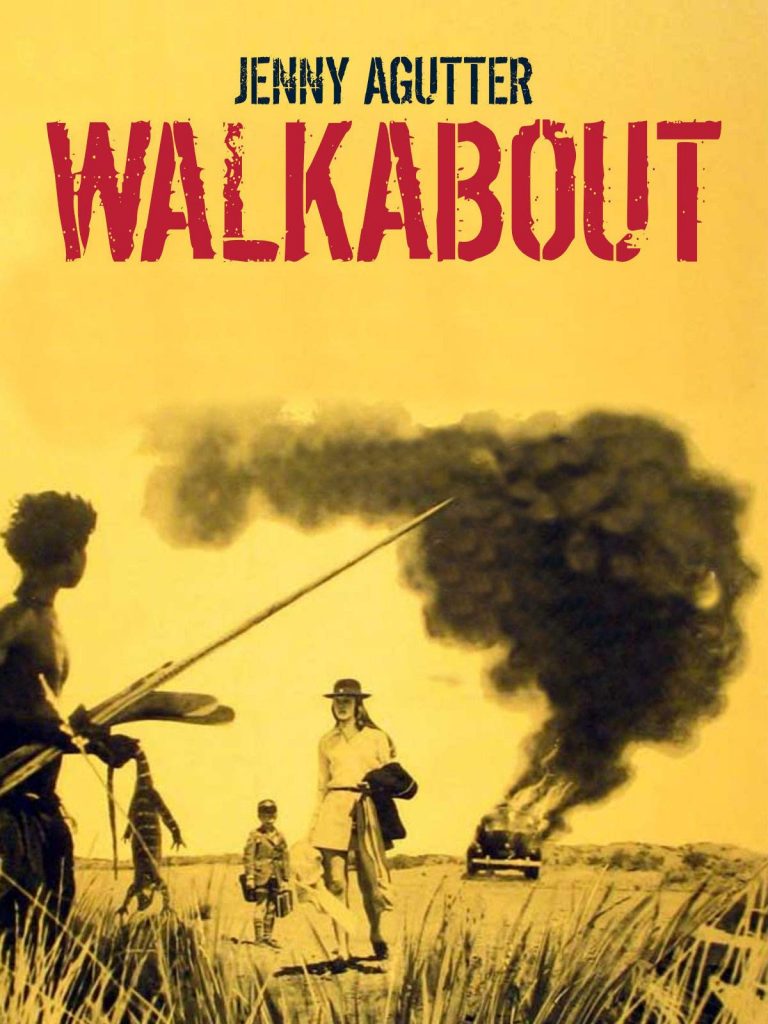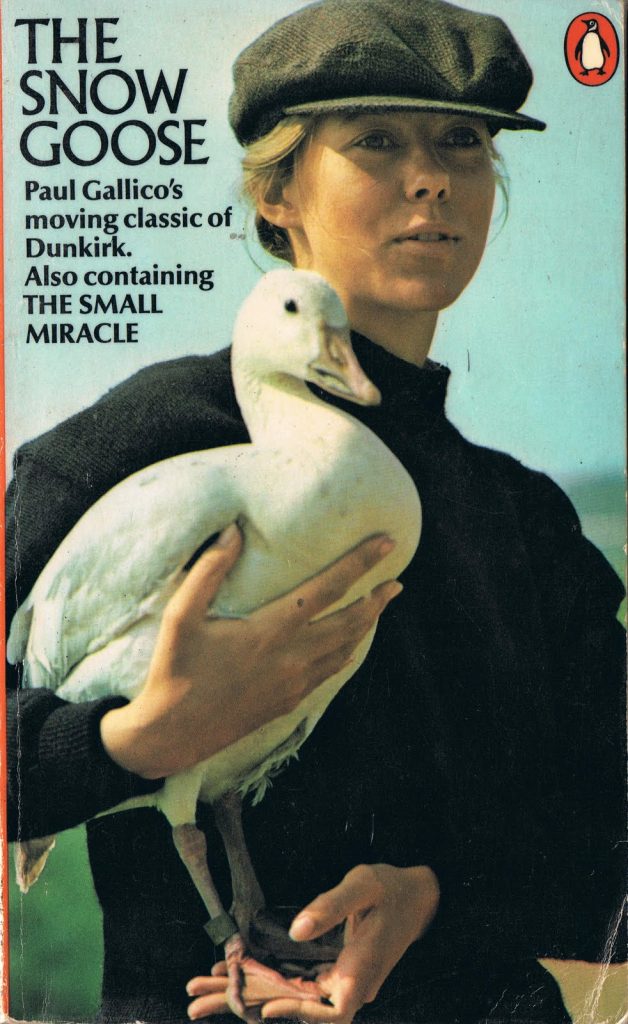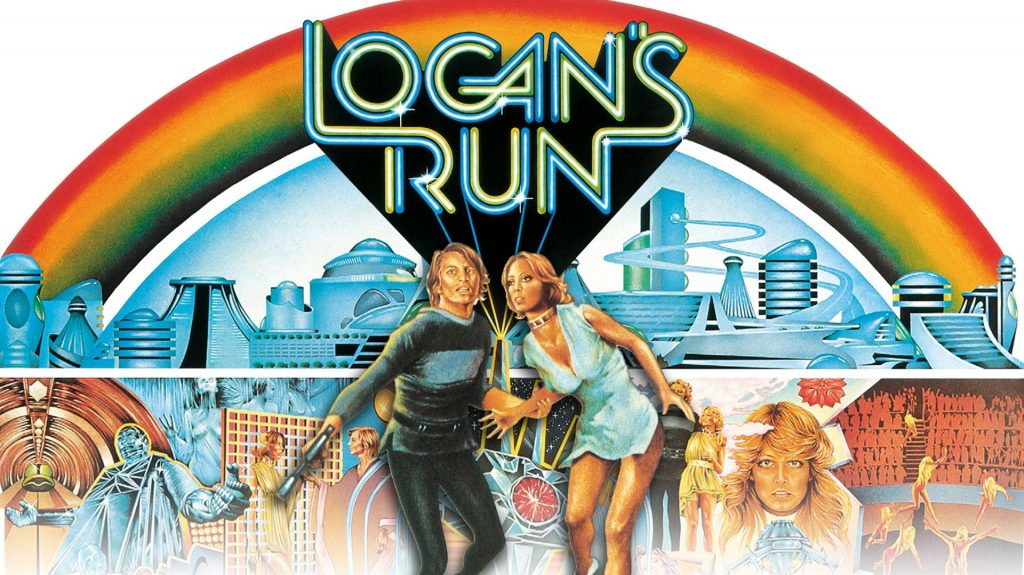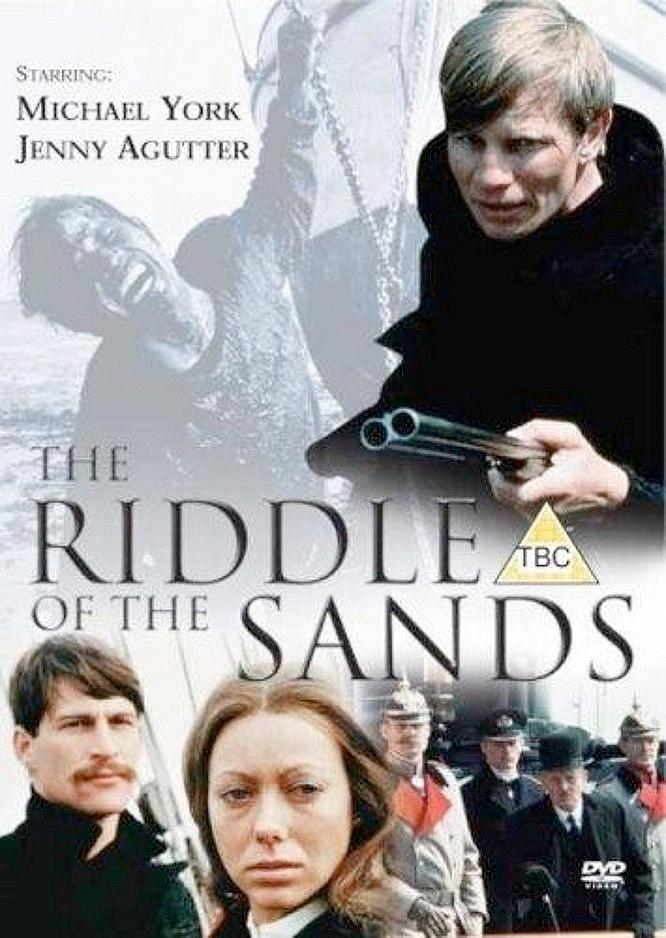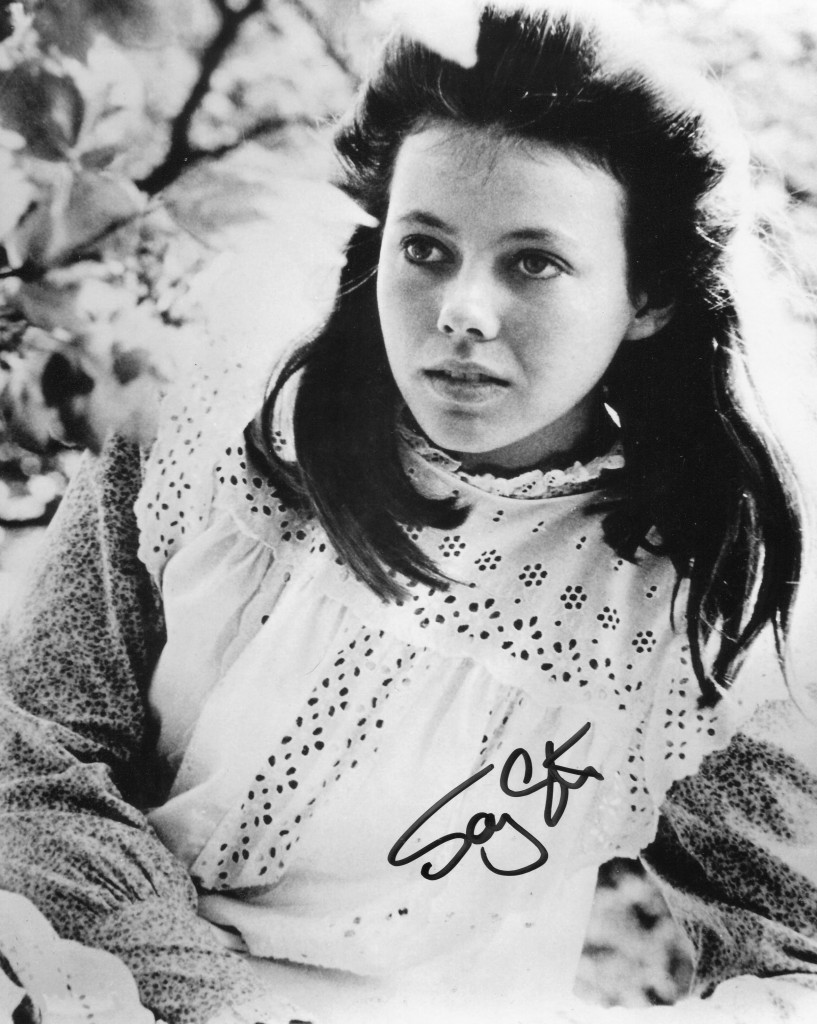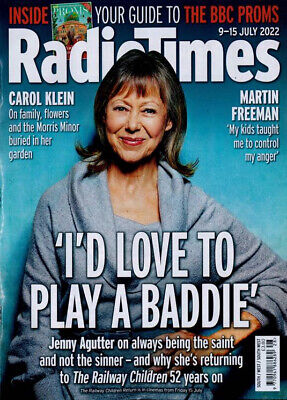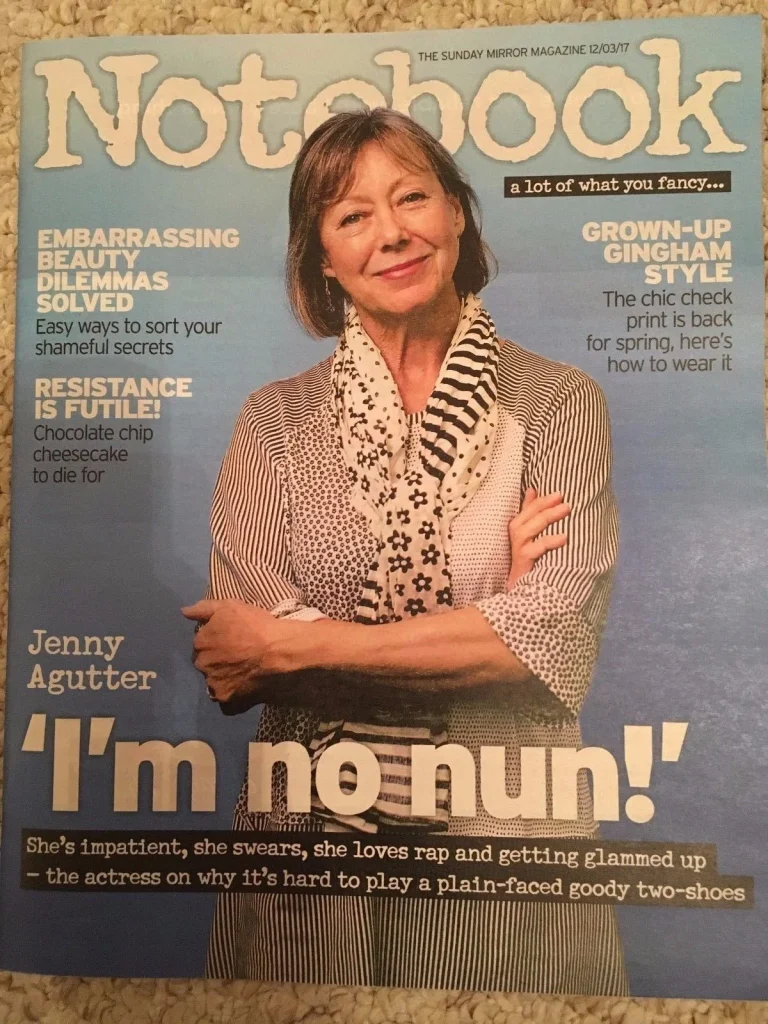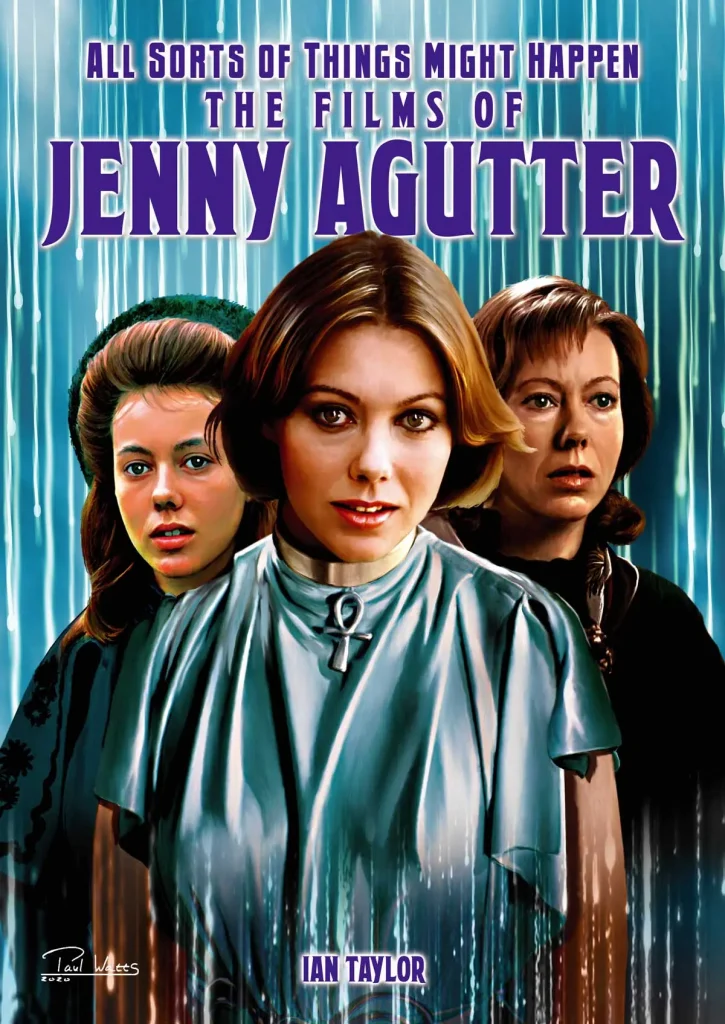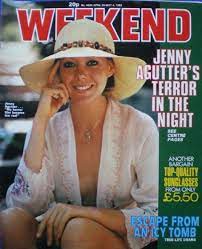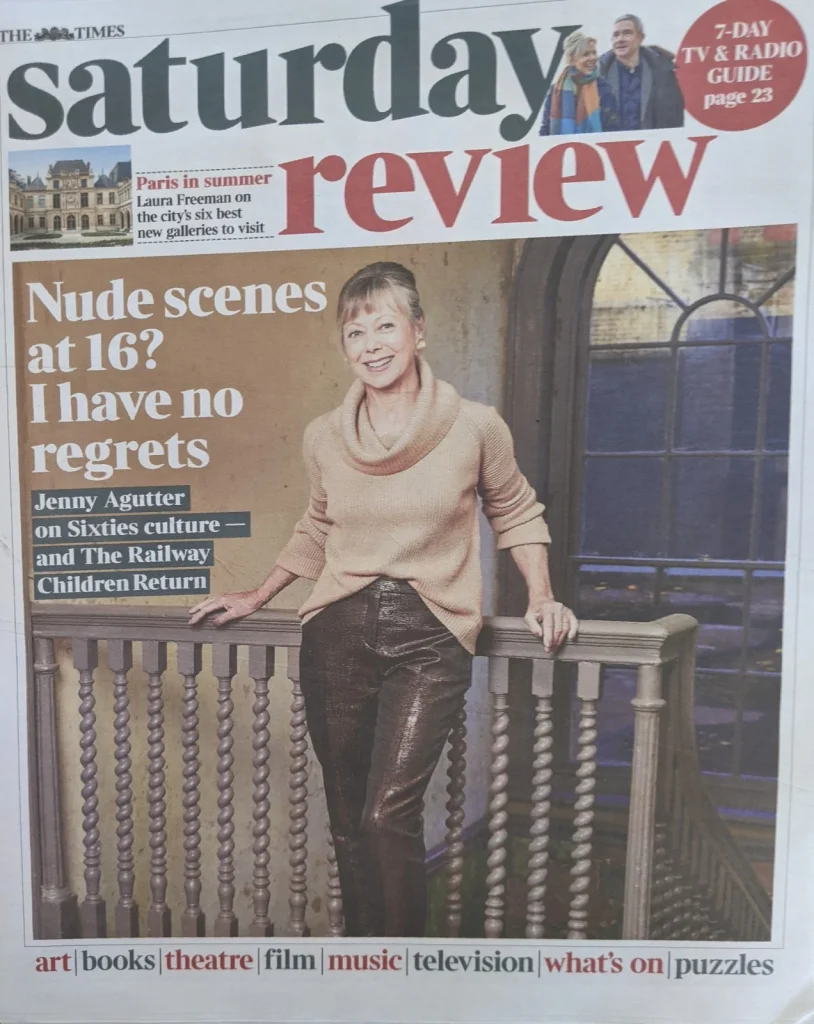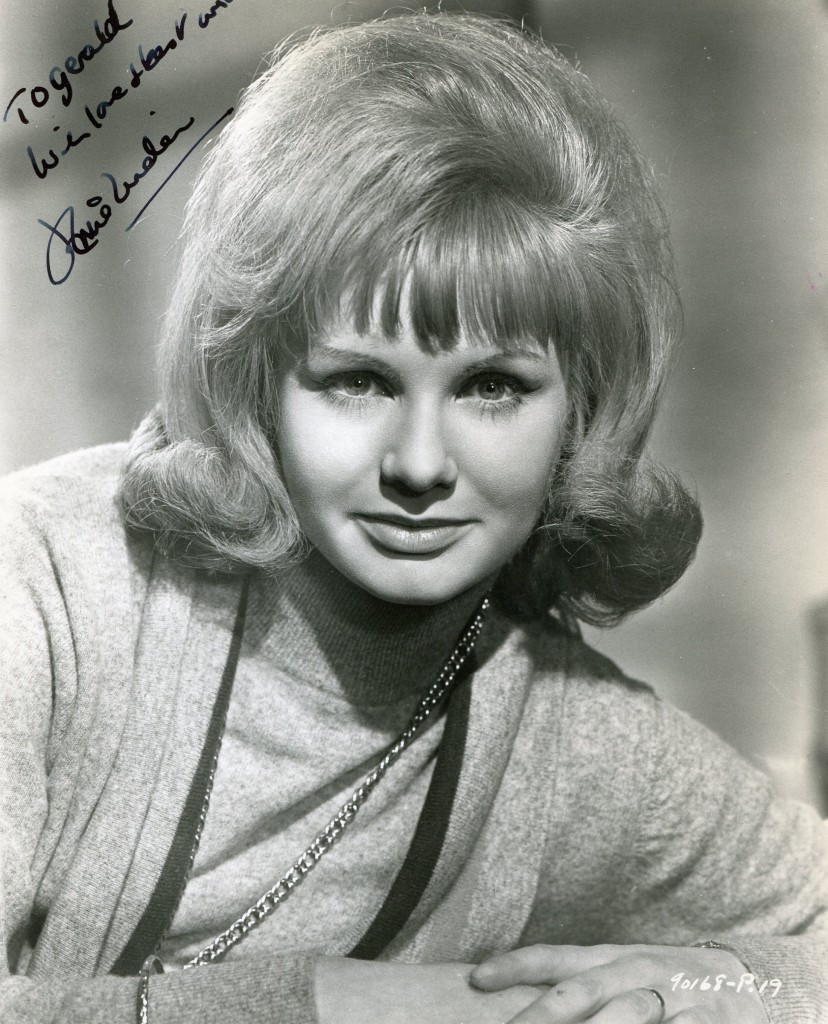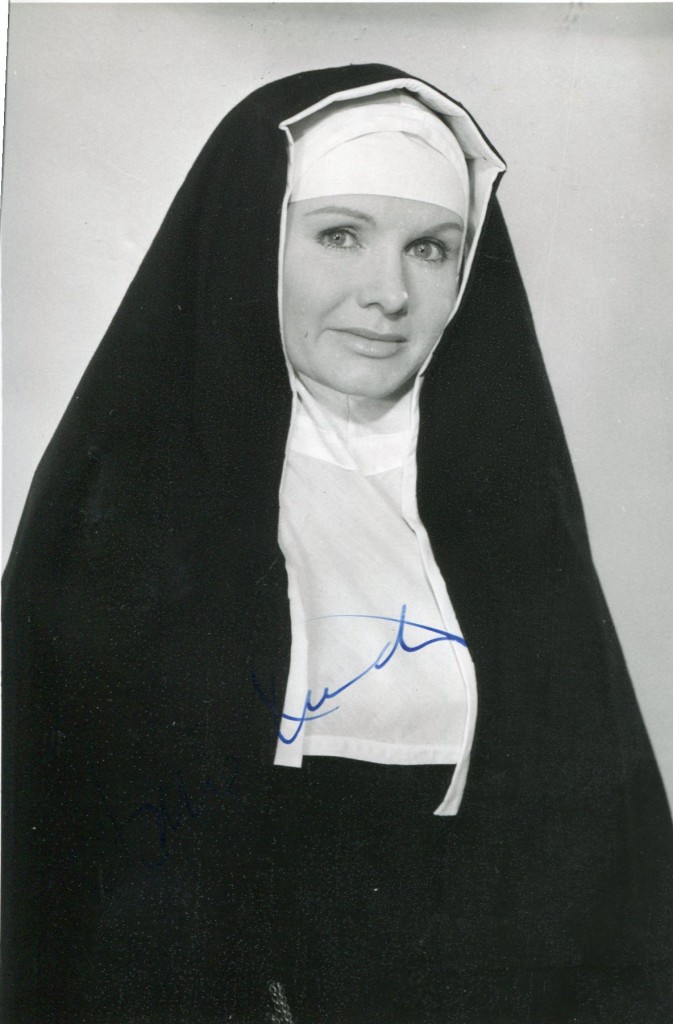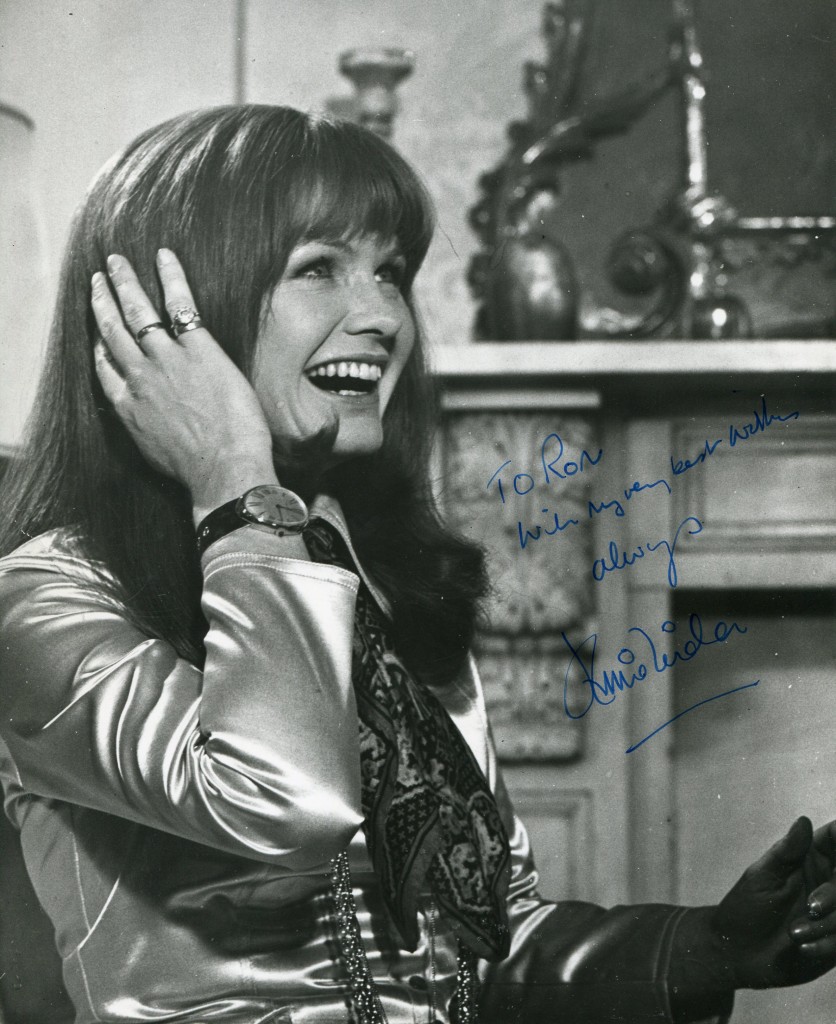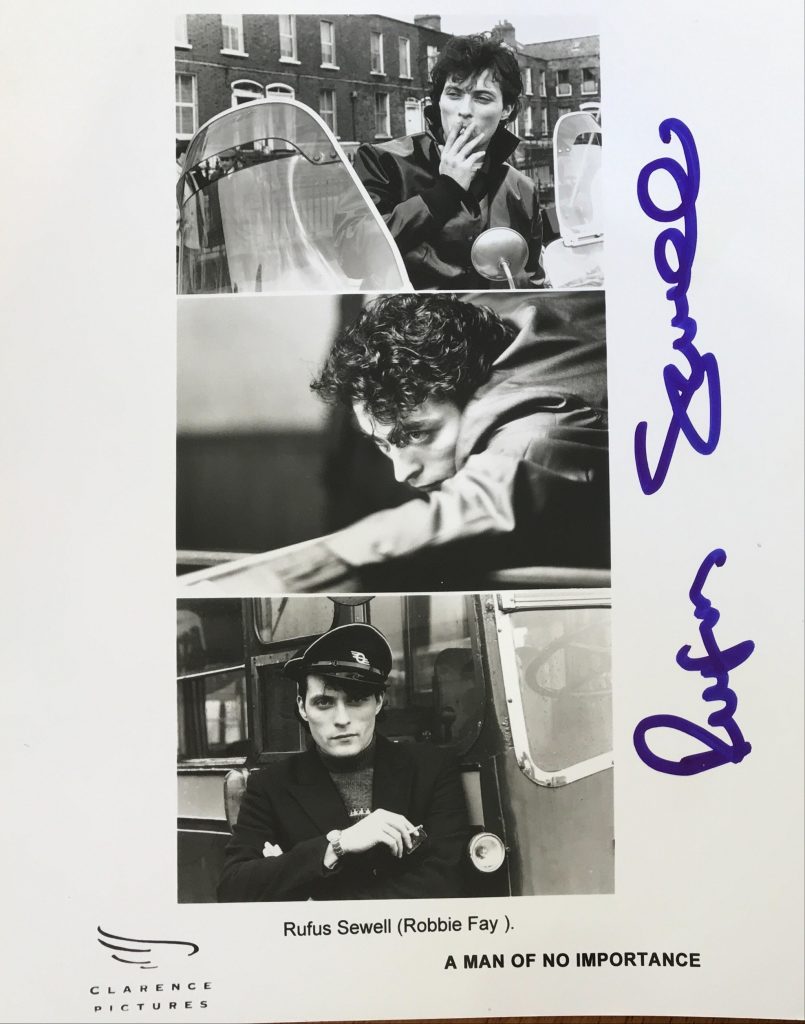
Trevor Bannister was an English actor best known for having played the womanising junior salesman Mr. Lucas in the sitcom “Are You Being Served?“ from 1972 to 1979, and for his role as Toby Mulberry Smith in the long-running sitcom Last of the Summer Wine, from 2003 until it ended its run in 2010. He died in 2011 at the age of 76..
Anthony Hayward’s “Guardian” obituary:
The actor Trevor Bannister, who has died of a heart attack aged 76, was best known to television viewers from his role in Are You Being Served? as Mr Lucas, the menswear assistant at the Grace Brothers department store. The character was conceived by the sitcom’s creators, David Croft and Jeremy Lloyd, as one of the linchpins in the ensemble cast, creating a link between the menswear and ladieswear departments through his constant chasing of the stereotypical dollybird Miss Brahms (Wendy Richard).
Bannister was also adept at portraying Mr Lucas as a rebel who frequently questioned the store’s management policies – such as requiring staff to smile more – and made fun of the pecking order, in which he stood at the bottom. He served as a mouthpiece for Lloyd, who had himself sold menswear at Simpson Piccadilly, in central London, but kept his views to himself – although Lloyd was eventually fired for selling soft drinks from a fitting room during a heatwave.
Mr Lucas began as the junior menswear member of staff when Are You Being Served? was launched as a 1972 episode in the BBC’s ComedyPlayhouse slot, before it was turned into a series the following year. In 1979, he was promoted to assistant when the camp Mr Humphries (John Inman) became senior in the department.
Bannister did not appear in the final three series, pulling out in 1980 after the BBC refused to change the programme’s recording day to allow him to continue in a long-running stage tour. He starred in the show’s 1977 film spinoff, but was not approached to reprise the role of Mr Lucas in the 1990s television sequel, Grace and Favour. By then, he had firmly put Are You Being Served? behind him, saying: “I’ve done an awful lot of things since then and I did an awful lot of things before then. That was just eight years of bits and pieces in my life. I don’t hang my hat on that.”
Bannister was born in Durrington, Wiltshire. His father was a tobacconist and newsagent. He attended the private Modern school, in Salisbury, leaving at the age of 15 to join a repertory theatre company in Folkestone. He trained at the London Academy of Music and Dramatic Arts and, after two years’ national service in the army, gained further repertory experience in Torquay, Bath, Bedford, Worthing, Wolverhampton, York and Birmingham.
He made his London West End debut as Arthur Crabtree in Billy Liar (Cambridge theatre, 1960) and later acted on stage in the farce Move Over Mrs Markham (Vaudeville theatre, 1969), Funny Money (Playhouse, 1995) and a revival of The Odd Couple (Theatre Royal Haymarket, 1996).
After making his film debut in Reach for the Sky (1956), Bannister’s screen appearances were almost exclusively on television. He starred as Peter Barry in the children’s sci-fi series Object Z (1965) and Object Z Returns (1966), before his breakthrough role as the titular spiv in The War of Darkie Pilbeam (1968), the popular trilogy about a 1940s black marketeer, written by the Coronation Street creator Tony Warren.
He was then cast as the refuse collector Heavy Breathing in all three series of the Granada sitcom The Dustbinmen (1969-70), written by Jack Rosenthal, whose gutter language tested the patience of the moral crusader Mary Whitehouse.
After Are You Being Served?, Bannister played the ladykiller and burglar-alarm dealer Peter Pitt, who joins a group run by Brian Wilde’s retired army major and Neighbourhood Watch founder, in the sitcom Wyatt’s Watchdogs (1988). He also took three roles in Coronation Street, appearing first as Harry Lester (1967), then as Ritchie Levitt (1972) and finally as Mike Baldwin’s solicitor (2006).
From 2001, he enjoyed making guest appearances in Last of the Summer Wine as the golfclub captain Toby, becoming a regular for the final two series (2009-10). Throughout his career, Bannister was a regular pantomime dame on stage, taking 34 roles in 35 years, and always supplying his own wigs, moulded to his head.
In 1959, Bannister married the actor Kathleen Cravos, from whom he was later divorced. He is survived by their three sons, Simon, Timothy and Jeremy, and by his second wife, Pam Carson, whom he married in 1982. Two of his sons followed him into show business: Simon as a theatre stage manager and Jeremy as a producer of commercials and pop videos.
• Trevor Gordon Bannister, actor, born 14 August 1934; died 14 April 2011
The above “Guardian” obituary can also be accessed online here.


